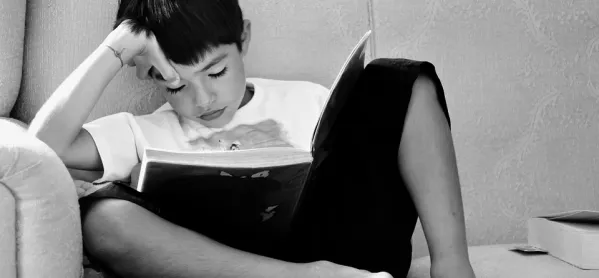The ongoing Covid-19 Inquiry will examine the impact lockdown school closures had on young people and education, Tes has learned.
The two periods of classroom closures during the spring and summer terms in 2019-20 and again in the 2020-21 spring term will be examined under a section added to the terms of reference by the process chair, Baroness Hallett, in July, entitled “Education and early years provision”.
The education focus of the inquiry was added after criticism earlier this year, including a March letter from the Commons Education Select Committee, that school closures were not part of the inquiry’s initial scope when it launched in June.
The spokesperson added that this month will see preliminary hearings related to the first three “preparedness and resilience modules” of the inquiry, which will set out the roadmap for the inquiry and “build a picture of the pandemic, looking at how prepared the UK was for a pandemic and why certain decisions were made”. The inquiry began collecting evidence in July to form the basis for hearings next spring.
Schools in England were closed for all pupils, aside from vulnerable children and those of key workers, in March 2020, before being reopened in September 2020. Schools were again asked to close and move to remote learning for most pupils in a new national lockdown in January 2021.
The lockdowns were widely seen to have affected the mental wellbeing and workload of teachers, as well as the short and long-term attainment of pupils across all ages.
Furthermore, concerns still linger around the long-term impact of the closures on pupil mental health as the drive to increase attendance in schools for the upcoming academic year continues.




